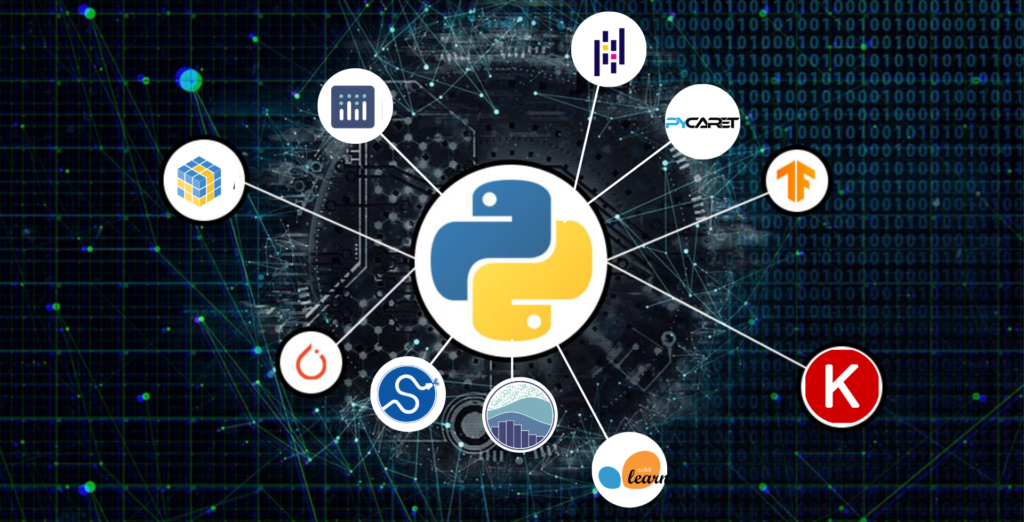Understanding Python Modules and Libraries
In Python, a module is a collection of Python code grouped together into a single file. These files can include functions, classes, and variables, providing a structured way to organize code. Libraries, on the other hand, are collections of related modules. Python’s standard library is a vast collection of modules that come bundled with Python itself, covering a wide range of tasks, from working with data to networking and web development.
The Significance of Python Modules and Libraries
- Reusability: Modules and libraries promote code reusability, allowing developers to use existing code as building blocks for new projects. This not only saves time but also encourages the development of consistent, standardized code.
- Enhanced Productivity: With a wealth of modules and libraries at your disposal, you can accomplish complex tasks with minimal effort. This means faster development and quicker time-to-market for your applications.
- Community Contributions: The Python community actively contributes to the development of modules and libraries, which ensures that you have access to cutting-edge solutions for a wide array of problems.
Top Python Modules and Libraries

- NumPy: NumPy is a fundamental library for scientific computing in Python. It provides support for large, multi-dimensional arrays and matrices, as well as a wide array of mathematical functions to operate on these arrays.
- Pandas: Pandas is a versatile data manipulation library that is indispensable for data analysis and data science. It offers data structures like DataFrames and Series, making it easier to work with structured data.
- Matplotlib: When it comes to data visualization, Matplotlib is the go-to library. It allows you to create stunning graphs, charts, and figures with minimal effort.
- Requests: For web development and API interactions, the Requests library is a popular choice. It simplifies sending HTTP requests and handling responses, making web development a breeze.
- Django and Flask: These are two of the most popular web frameworks in Python. Django is a high-level web framework, while Flask is a micro-framework. Both offer different levels of abstraction for web development, catering to various project requirements.
- TensorFlow and PyTorch: For machine learning and deep learning, TensorFlow and PyTorch are dominant players. They provide powerful tools for creating and training neural networks.
- SQLAlchemy: If you’re dealing with databases, SQLAlchemy is an Object-Relational Mapping (ORM) library that simplifies database operations, making it easier to interact with your database of choice.
How Python Modules and Libraries Boost Development Efficiency
- Rapid Prototyping: Python’s modules and libraries empower developers to quickly prototype ideas and concepts. This is particularly useful when testing the feasibility of a project or experimenting with different approaches.
- Code Consistency: Using established libraries helps maintain code consistency across a project. This is critical for team collaboration and code maintenance.
- Reduced Development Time: By leveraging existing code, you can significantly reduce the time required to develop a feature or solve a particular problem.
- Lower Maintenance Overheads: Since many popular libraries are actively maintained by the community, you can count on continuous improvements, bug fixes, and updates, reducing long-term maintenance efforts.
Conclusion
Python modules and libraries are the secret weapons that enable developers to write efficient, maintainable, and scalable code. With the wealth of options available, you can harness the power of Python’s ecosystem to tackle a diverse range of projects, from data analysis and web development to machine learning and more. By understanding the significance of modules and libraries and making the right choices, you can supercharge your development process, ultimately saving time and resources while building robust, feature-rich applications. So, don’t reinvent the wheel – explore the vast world of Python modules and libraries and unlock your full development potential.
